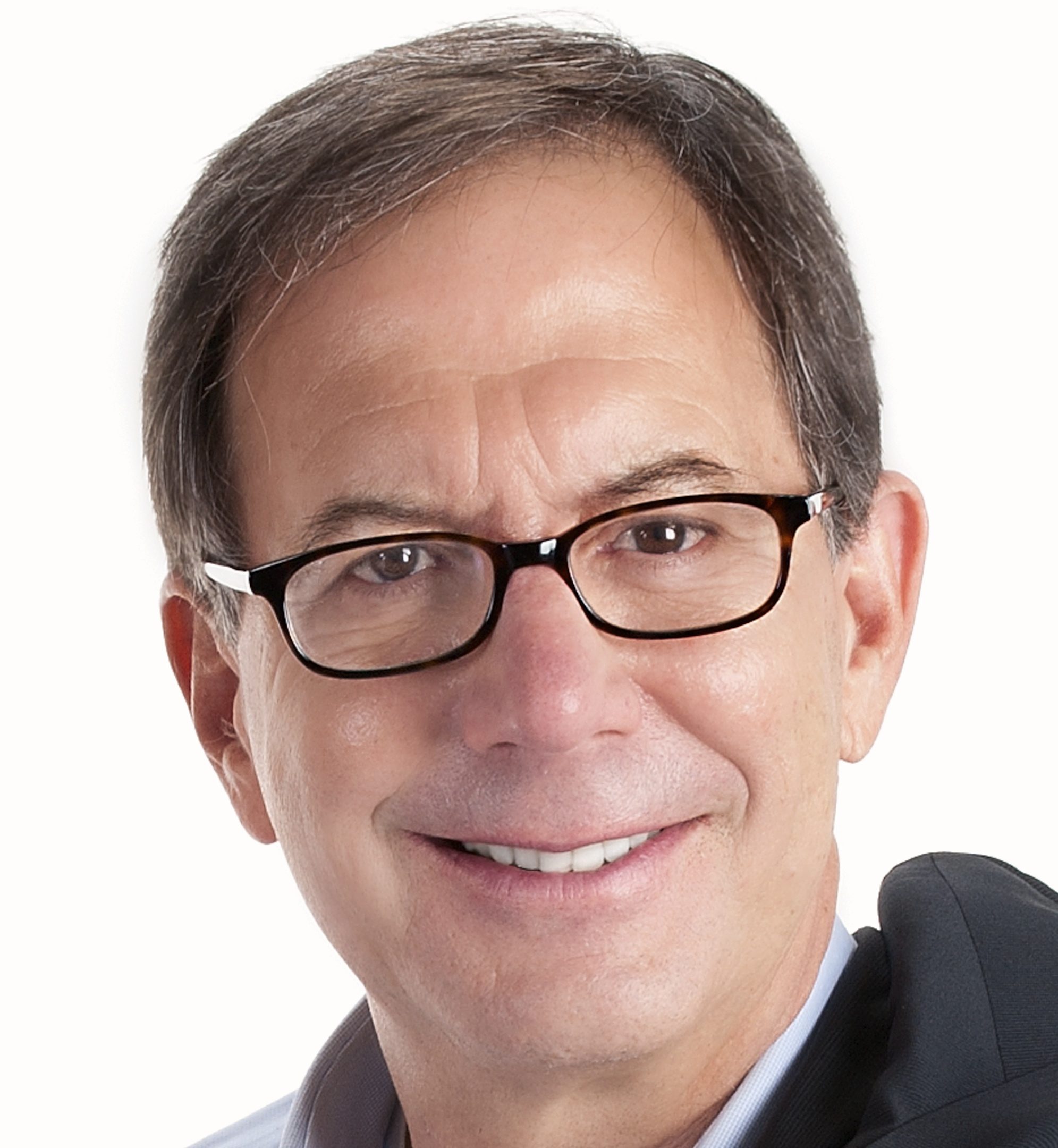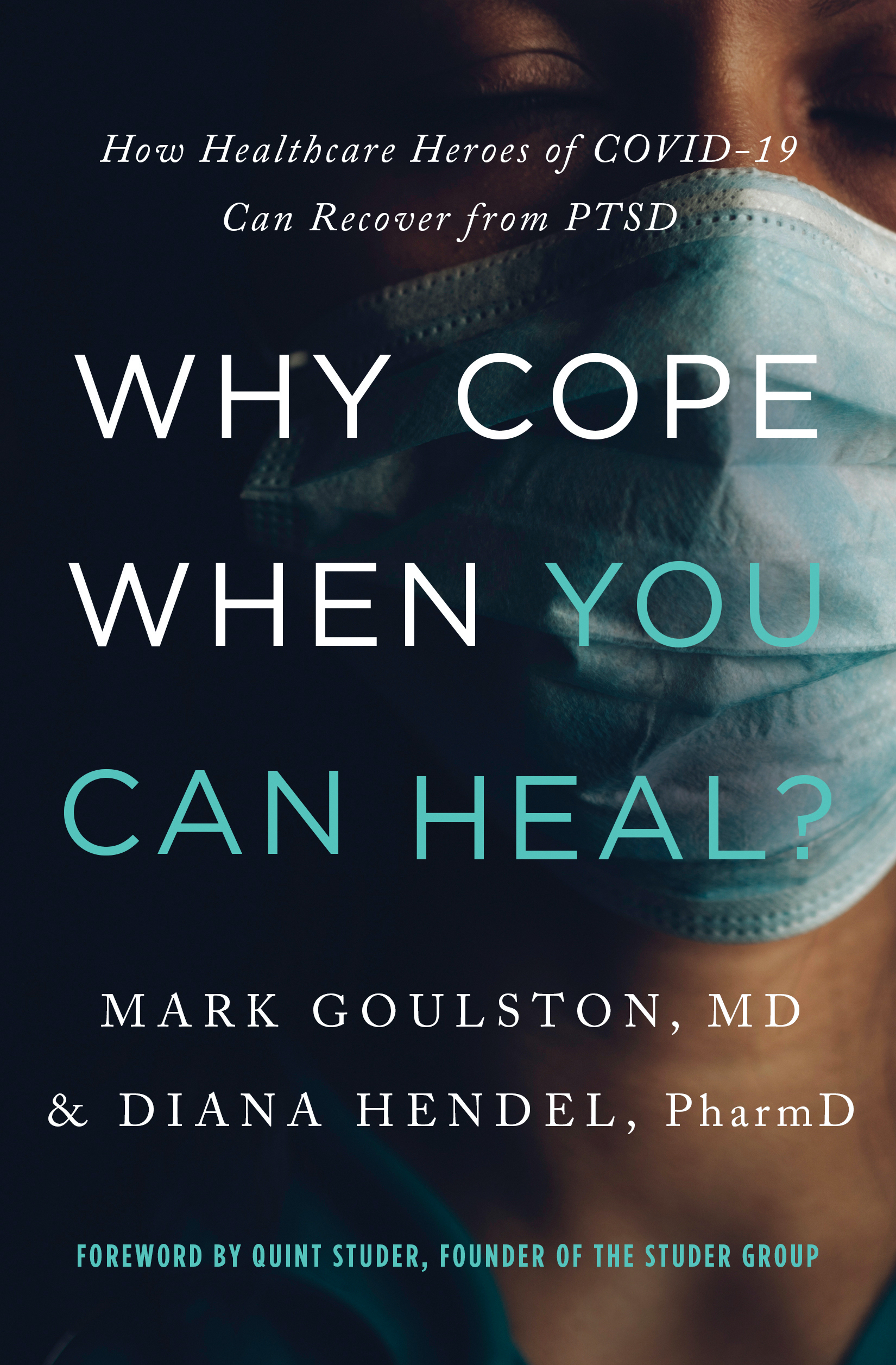Why Cope When You Can Heal? Available December 1 from Harper Horizon
This is part of a much longer conversation with an overworked and overwhelmed healthcare worker who was depressed and having suicidal thoughts.
Dr. G: Why haven’t you done it?
Healthcare Worker (HW): Done what?
Dr. G: Killed yourself.
HW: What?
Dr. G: We’ve been speaking for some time and I’m sensing that we’ve only touched the tip of the iceberg.
HW: What iceberg?
Dr. G: You know, the iceberg.
HW: Don’t f—with me, what frickin iceberg?
Dr. G: From what little you’ve told me I’m sensing that you have seen and experienced such horrific moments, such horrendous scenes and such terrifying times that on more than a few – no strike that – on many occasions you felt so fragile and so brittle that you didn’t know how you were going to make it through another day, much less until midnight. Isn’t that true?
HW: Er… yes, I guess so.
Dr. G: You guess so or yes?
HW: Okay already! Yes! And what’s your point?
Dr. G: As I said we’ve just touched the tip of the iceberg and I don’t think if we touch the rest of it, I could have survived if I were you. You’re much stronger than you think and certainly much stronger than me, so I’m wondering why you haven’t killed yourself because I might have.
HW: Wait a minute! You think I’m strong?
Dr. G: I won’t say it again, if I was going through what you’ve gone through and been going through I don’t think I would have made it and you are stronger than me. So, I’m wondering how you have made it through and haven’t killed yourself?
HW: Hold on. So, you actually think I’m not just being weak and some sorry excuse for a medical professional?
Dr. G: Absolutely not!
HW: (starts crying and then begins sobbing)
Dr. G: (listening)
HW: (continues crying for several minutes as if some dam has broken)
Dr. G: (allowing crying to subside) So why haven’t you done it?
HW: Do you want to know the truth?
Dr. G: Sure.
HW: I was waiting to meet you.
Dr. G: Huh?
HW: I was waiting to meet someone with some authority who could tell me I wasn’t being weak or crazy.
Dr. G: So you came to a psychiatrist to tell you that you’re not crazy? Go figure. Anyway, what’s happened to you is that you pushed away all your thoughts and pushed down your feelings so you could focus and function and then you’ve been running on adrenaline due to all the fear and danger around you. But every time you have a let up in the constant adrenaline rush that is getting you through it, everything you pushed away is boiling, bubbling and feels like it will push through that opening and will rip you apart from your inside out. Don’t confuse feeling you could go crazy with being crazy. You’re not crazy and you are certainly not weak!
HW: So, let me get this straight. I am not crazy or weak.
Dr. G: (Taking out a prescription pad)
HW: What are you doing?
Dr. G: Giving you a prescription.
HW: (watching intently)
Dr. G: Hands him the prescription.
HW: (reads the prescription aloud) “You are not crazy or weak” take as needed for suicidal thoughts. (smiling) Hey doc, you’re the one who’s crazy!
Dr. G: No argument there.
What happened to flip a switch?
It’s the healing power of Surgical Empathy.
Surgical empathy goes into places in people’s psyches where they are locked down, feeling brittle and like they are skating on thin ice that at any moment it will crack and they will fall apart and never come back. By causing such people to “feel felt,” they feel less alone, will lean further into that empathy and begin to unclench their rigid minds and begin to consider options.
This healthcare worker had been under extraordinary pressure dealing with the Covid-19 pandemic, daily having to deal with shocking scenes of death and suffering that horrified and terrified him to the degree that he felt like he could explode. As that was happening his body pushed out an enormous amount of cortisol, the stress hormone, to physically ready him to deal with the stress. There was also a great release of adrenaline which enabled him to power through each day. That high cortisol also triggered a part of his brain called the Amygdala, which is located in the part of the brain that deals with emotions, to hijack him away from thinking about the horrific and terrifying scenes and instead to just focus on what he was trained to do.
The more this happened, the more alone he felt going through this, even if that was helped by being part of a team effort.
What was eating away at him that he couldn’t share with others is that he thought he was going crazy and being weak, something he felt too much shame about to share with anyone else. In essence his judging himself negatively for it, made the situation even worse.
When I empathized with what he went through and I honestly shared that I don’t think I could have made it through (without it driving me to want to kill myself) and that he wasn’t crazy or weak to feel what he was feeling, my acceptance and even valuing his persevering through it led to a huge surge of oxytocin in him. Oxytocin is the hormone associated with bonding and counters feeling alone and also counteracts high cortisol levels.
When he felt the oxytocin, from my non-judgmental compassionate (and even ironic) empathy, he felt less alone and less deficient and the relief from that caused him to start crying.
After that, his brain calmed down enough to re-engage the thinking part of his brain and mind and at that point he was able to listen to and consider different options for dealing with this ongoing crisis.


